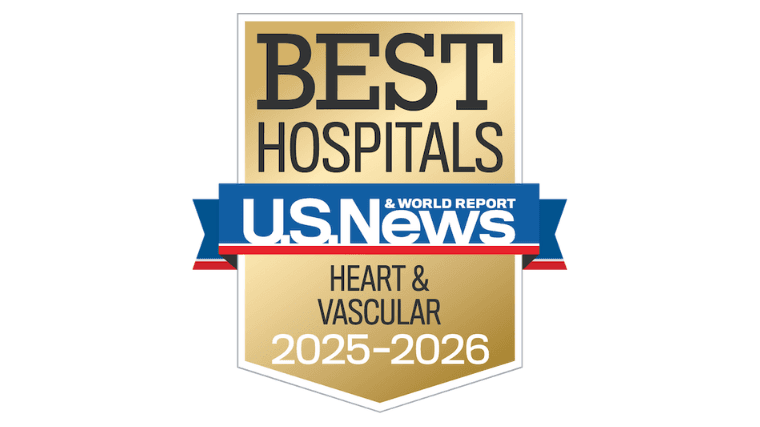Treatments for Congenital Heart Disease in Adults
Surgical Treatments Resources

Robotic Heart Surgery
UChicago Medicine is one of a handful of hospitals in the world that offers a wide range of robotic approaches for heart conditions.

Valve Repair & Replacement Surgery
As pioneers in heart valve procedures, UChicago Medicine heart surgeons can often offer surgical solutions that are not available at most hospitals.

Heart Transplant
At UChicago Medicine, you can reach out to some of the most experienced cardiologists and cardiac surgeons in the country.
Request an Appointment
We are currently experiencing a high volume of inquiries, leading to delayed response times. For faster assistance, please call 1-773-702-9461 to schedule your appointment.
If you have symptoms of an urgent nature, please call your doctor or go to the emergency room immediately.
You can also request an online second opinion from our specialists
* Indicates required field

